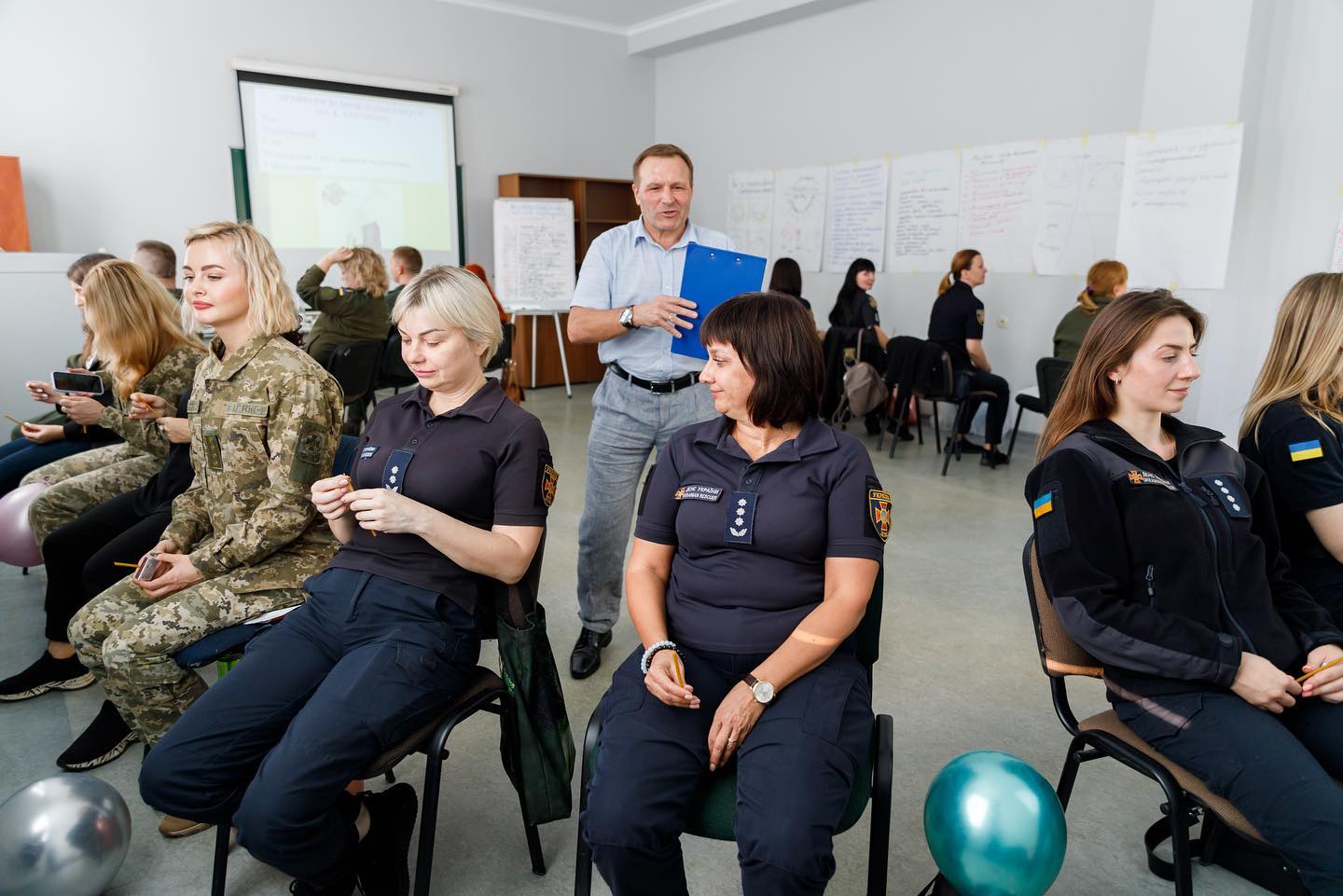Concept, recipients of services, grounds and procedure for obtaining

PSYCHOLOGICAL REHABILITATION: CONCEPT, RECIPIENTS OF SERVICES, GROUNDS AND PROCEDURE FOR OBTAINING
Psychological rehabilitation is a set of measures carried out in order to preserve, restore or compensate for impaired mental functions, qualities, personal and social status of a person, to promote psychosocial adaptation to a changed life situation, to understand the experience gained in an extreme situation, and to apply it in life.
The purpose of psychological rehabilitation is:
1) the preservation or restoration of physical and mental health;
2) achievement of social and psychological well-being;
3) reducing the frequency and severity of the consequences of combat mental injuries in the form of acute stress reactions;
4) prevention of disability;
5) prevention of aggressive and self-destructive behavior.
Who has the right to psychological rehabilitation?
Persons who have one of the following statuses:
- a participant in hostilities — in accordance with paragraphs 19-21 of the first part of Article 6 of the Law”;
- persons with disabilities as a result of war — in accordance with paragraphs 10-14 of the second part of Article 7 of the Law;
- a participant in the war — in accordance with paragraph 13 of Article 9 of the Law;
- the injured participant of the Revolution of Dignity — in accordance with Article 16-1 of the Law;
- a family member of a deceased (deceased) veteran of the war — in accordance with paragraph 4, paragraph 1 of Article 10 of the Law;
- a family member of the deceased (deceased) Defender or Defender of Ukraine — in accordance with Article 10-1 of the Law.
The recipients of services also include family members of the combatant; persons with disabilities as a result of war, war participant, injured participant of the Revolution of Dignity of the above categories.
The main tasks of psychological rehabilitation are:
1) diagnosis and normalization of the psychological state of a person;
2) restoration of impaired (lost) mental functions to the optimal level of their severity;
3) support of the individual to ensure its effective functioning in society;
4) assistance in establishing (restoring) constructive relations in the family and society;
5) mastering methods of self-regulation and stress management (calming);
6) prevention of psychological trauma and mental disorders;
7) conducting psychoprophylactic and psychocorrectional work with the family;
8) formation of positive reactions, motivations, social attitudes towards life and professional activity.
The grounds for providing psychological rehabilitation services are:
- referral of a doctor who provides primary care, or referral to the attending physician; personal appeal.
Psychological rehabilitation involves the provision of the following services:
1) psychological diagnostics — assessment of the actual psychological state and individual psychological characteristics of the recipient of services, implementation of control over his mental state, determination of the need and optimal methods of psychological rehabilitation;
2) psychological education and information (psychoeducation) — informing the recipient of services to form an understanding of the patterns of functioning of the human psyche, behavior of people in extreme conditions, formation of skills and ways of managing the capabilities of their own psyche, providing self-help and first psychological assistance to other persons, as well as readiness and the desire to receive professional psychological assistance if necessary;
3) psychological counseling — holistic, conscious and systematic professional use of methods of psychological impact in psychosocial, emotional, behavioral and other difficulties that do not meet the diagnostic criteria of mental disorders, and may also be concomitant in mental disorders;
4) psychotherapy — holistic, conscious and systematic use of methods of psychotherapeutic influence to solve personal and interpersonal problems using standardized procedures aimed at restoring impaired functioning of the body of the service recipient in order to restore or compensate for his mental functions, personal qualities, interpersonal relationships, as well as improving the quality of life;
5) group work — conducting psychological trainings, interviews, classes on psychological education and psychological support groups.









